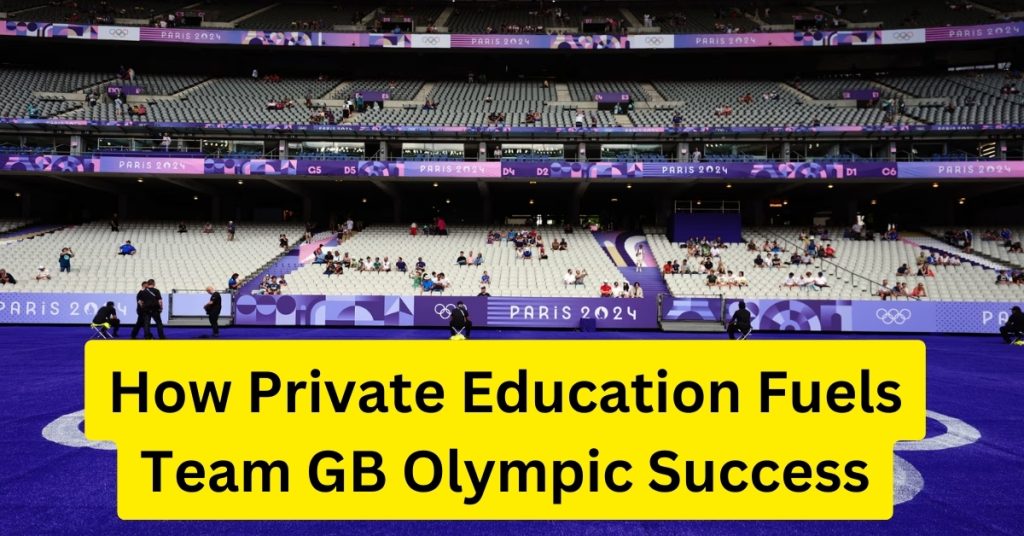
A study by the Good Schools Guide has revealed that the proportion of privately educated athletes in Team GB's 2024 squad has increased to one-third of all competitors. Of the 318 athletes schooled in the UK, 106 (or 33.3%) were privately educated, a rise from 24% in the 2016 Rio de Janeiro team.
Nationally, only 9% of secondary school students in England attend private schools, highlighting the significant impact of private education on reaching elite sporting levels. The data also shows that 36 schools have more than one former pupil competing for Great Britain in the Paris Olympics. The top three schools with the most athletes are all private: Plymouth College in Devon (six athletes), Millfield School in Somerset (five athletes), and Whitgift School in Croydon (four athletes).
Certain sports have a higher proportion of privately educated athletes. For example, 52% of the rowing squad and 47% of the hockey squad were privately educated, whereas only 8% of the cycling squad had a private education. All four modern pentathletes in Team GB attended private schools.
Grace Moody-Stuart, director of the Good Schools Guide Education Consultants, commented on the findings, noting that schools with advanced facilities such as astro-pitches, rowing clubs, and 50-meter swimming pools are more likely to produce Olympians. These schools not only have superior facilities but also identify talent early and offer significant discounts or free places to nurture sporting potential. They integrate training and competitions with academic work, supported by experienced coaches, strength and conditioning teams, nutritionists, and sports psychologists.
The analysis also found that athletes from all-girls' schools are overrepresented in the team, with nearly one in four (23%) sportswomen having attended a single-sex state or private school.
Moody-Stuart added that parents often choose private schools not just for a better education but for a different one, where schools have the independence and resources to focus on sports. These schools ensure that students' school days accommodate their sporting ambitions, offering early morning training, on-site nutritionists and physiotherapists, and flexible academic schedules to support their international competition commitments. For those who can afford it or secure scholarships, the results are evident in the high number of privately educated athletes in the squad.
Comments (0)